
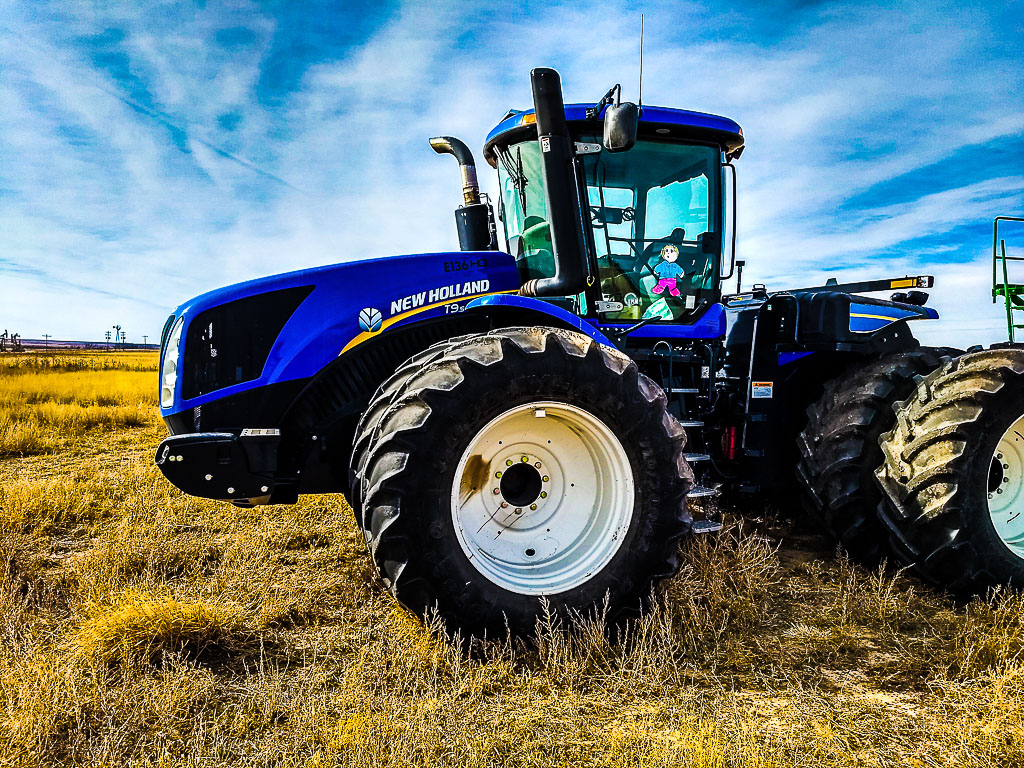
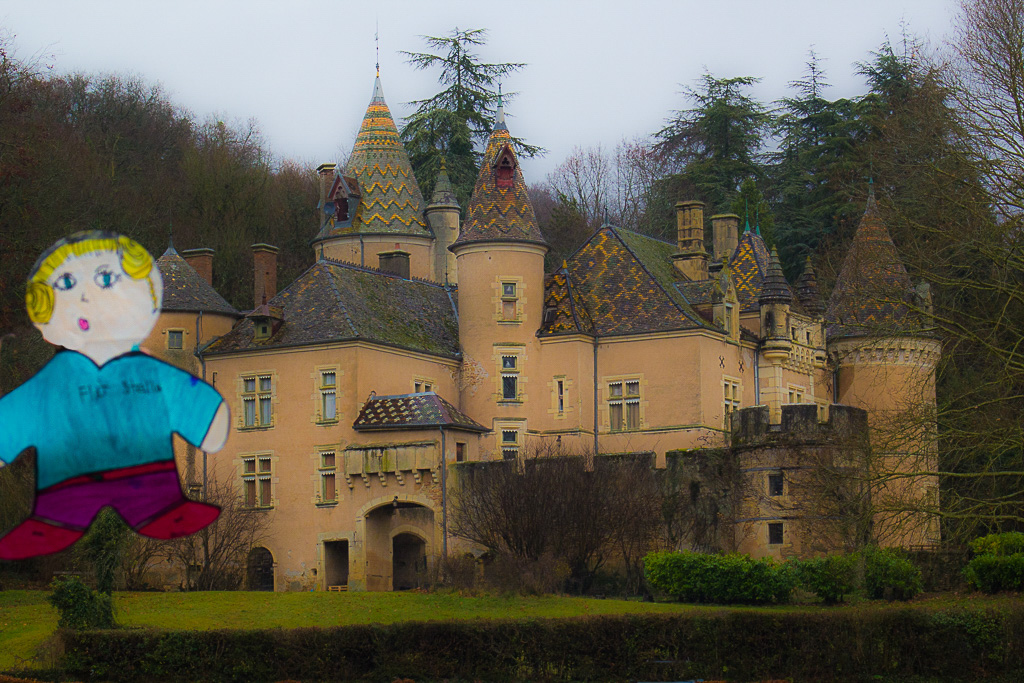
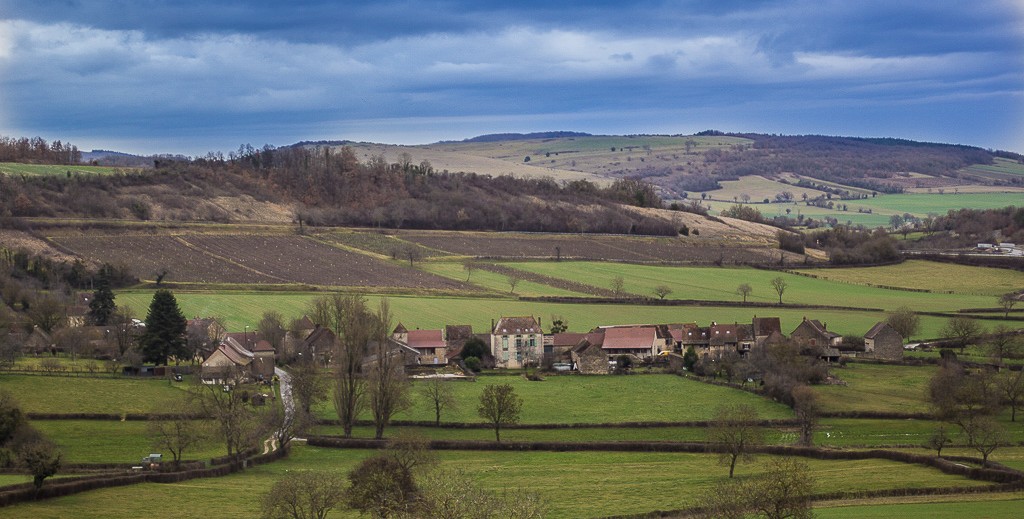
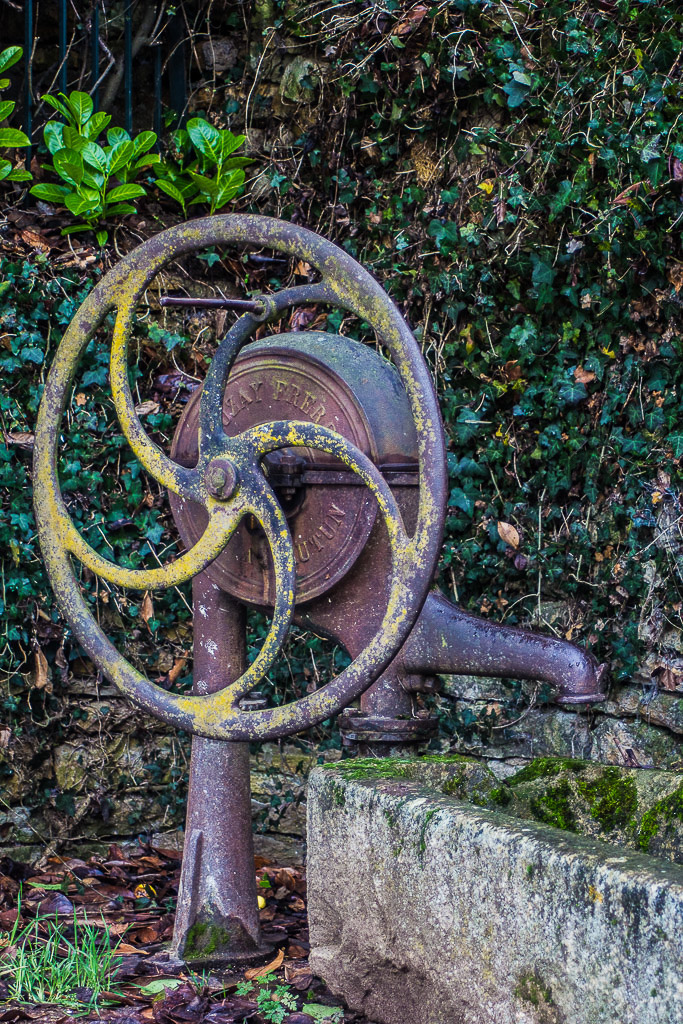
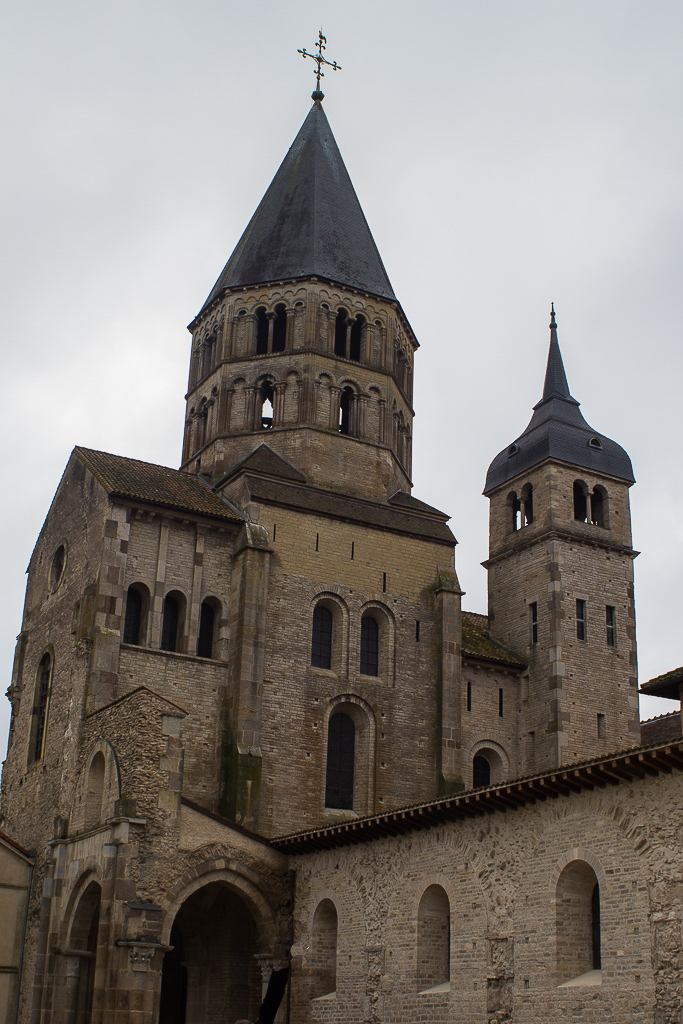
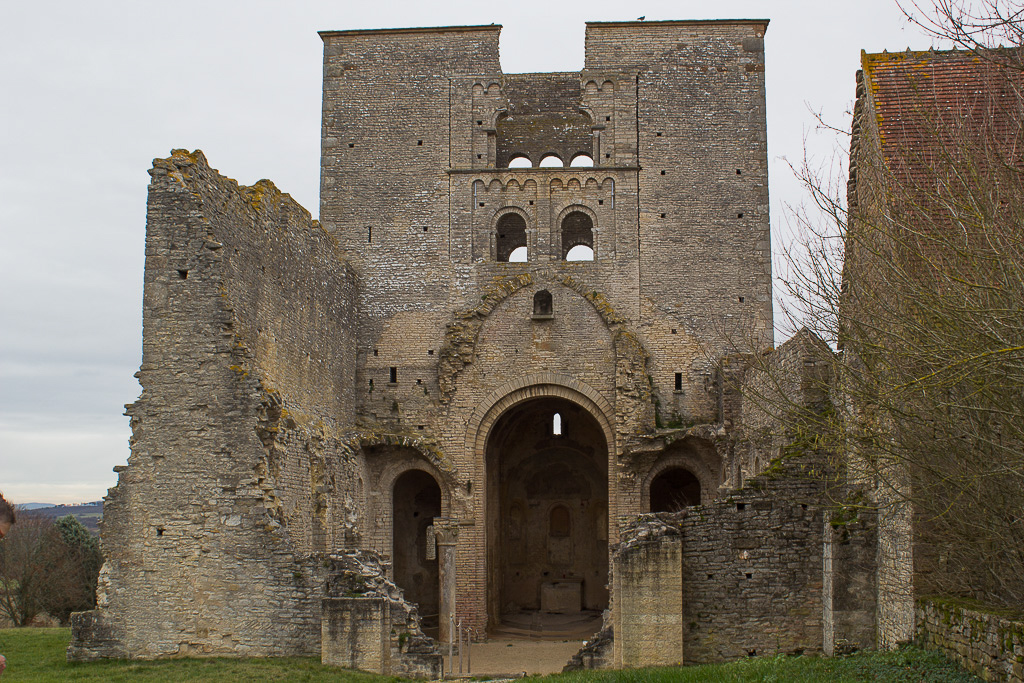
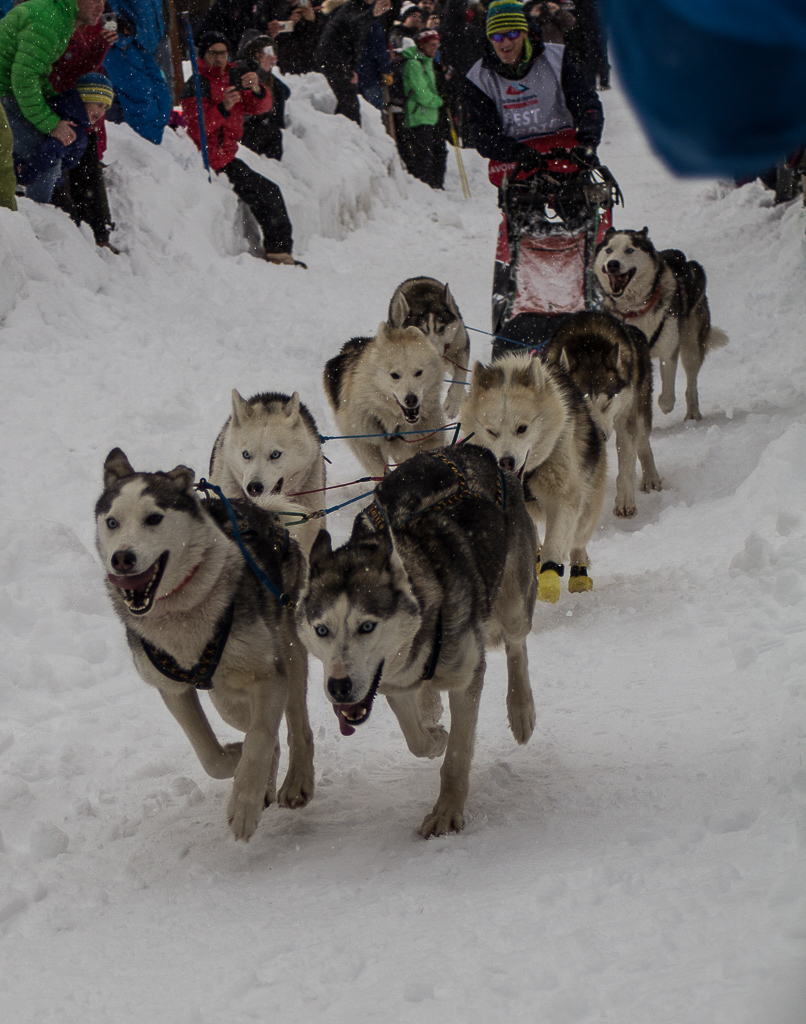
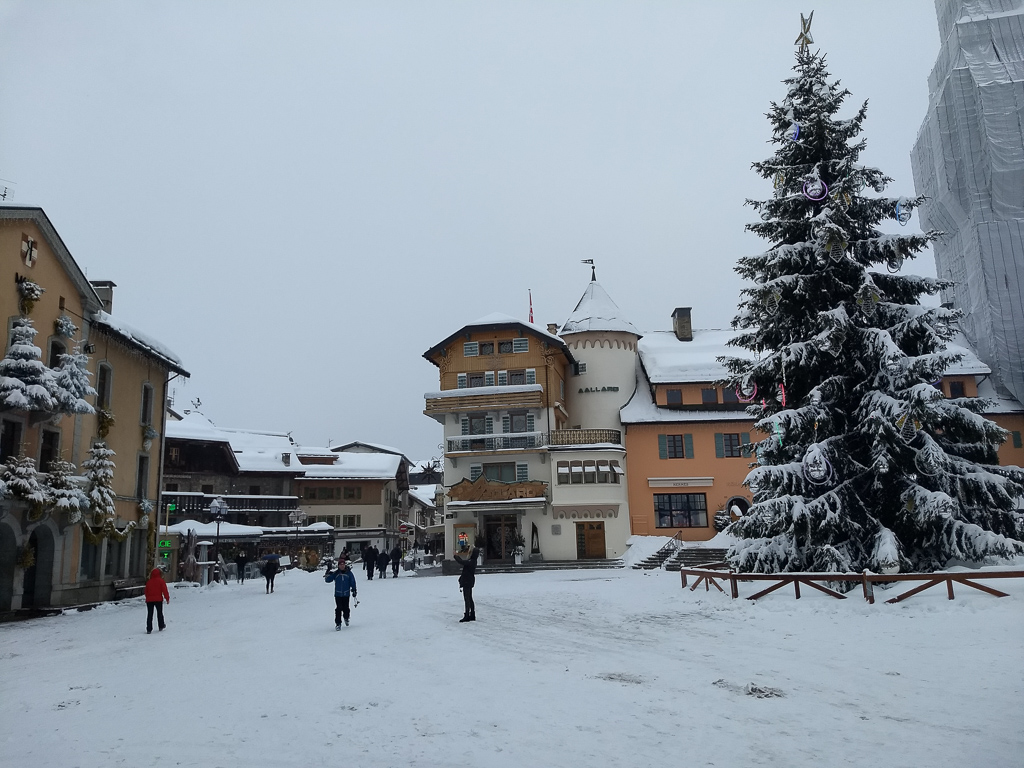
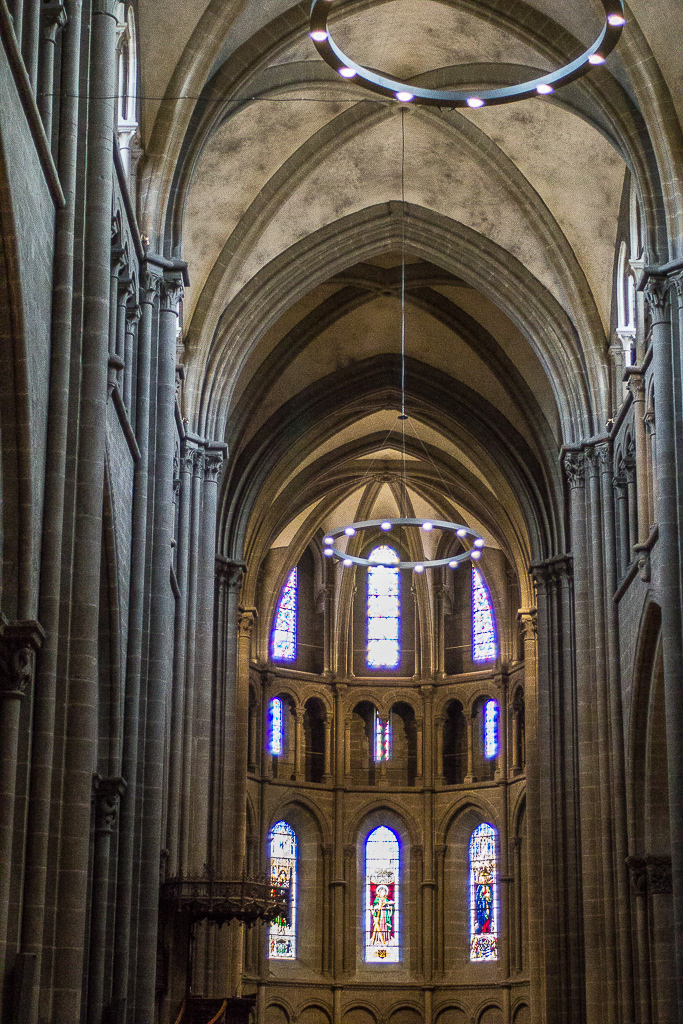
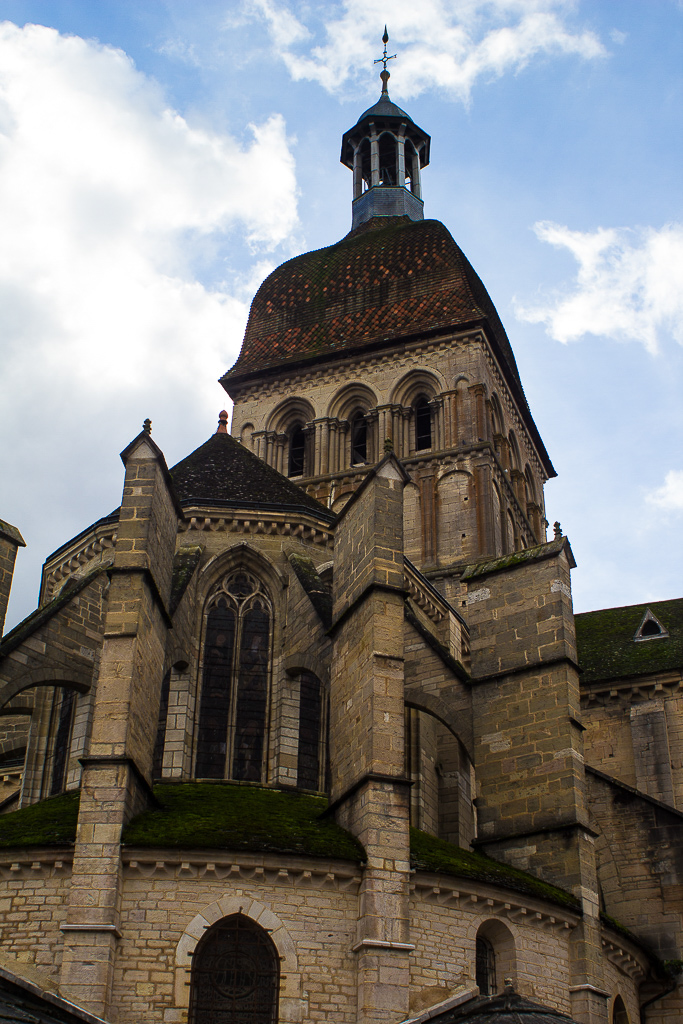
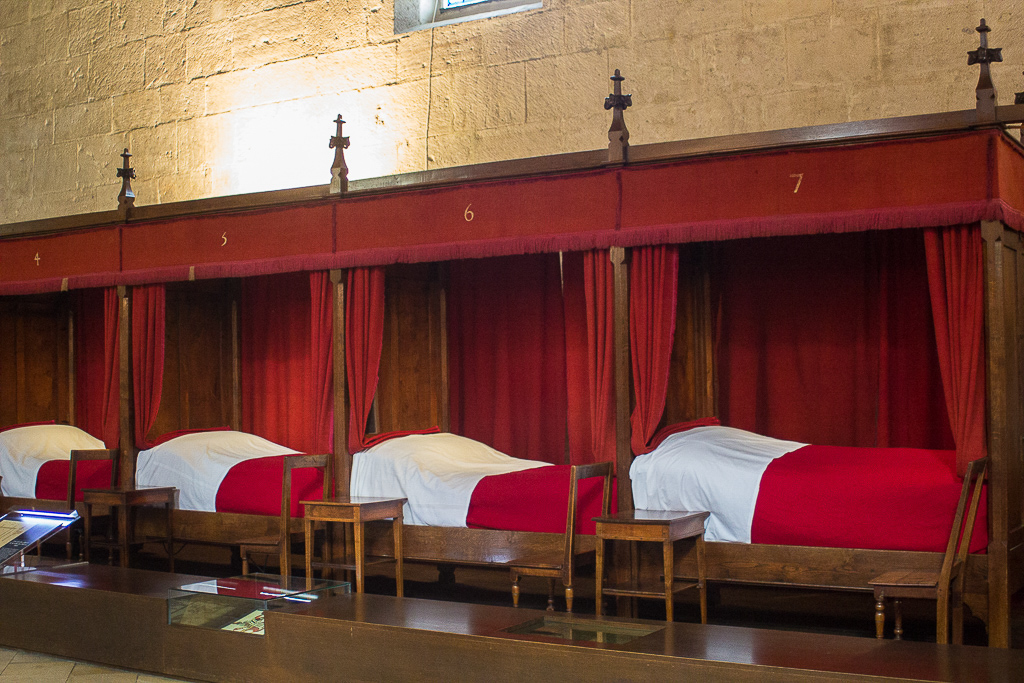
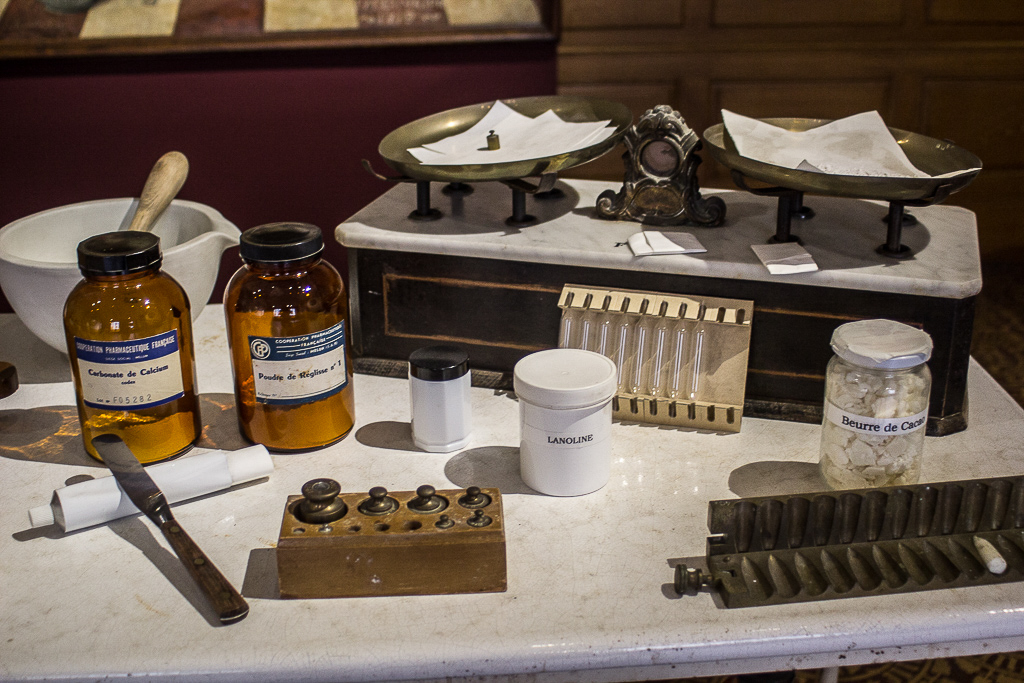
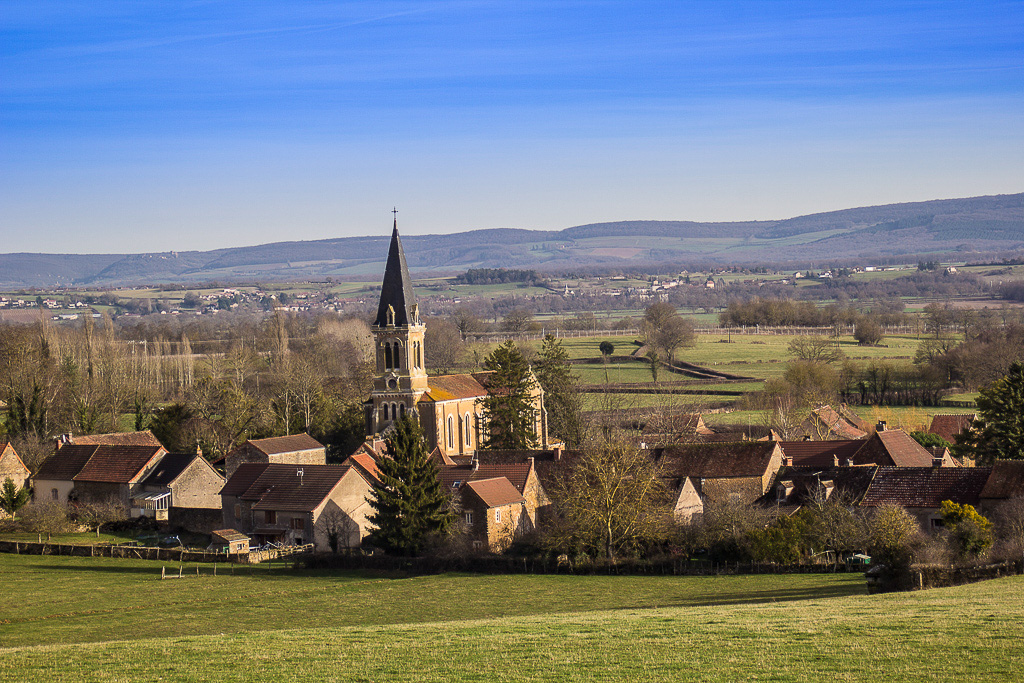
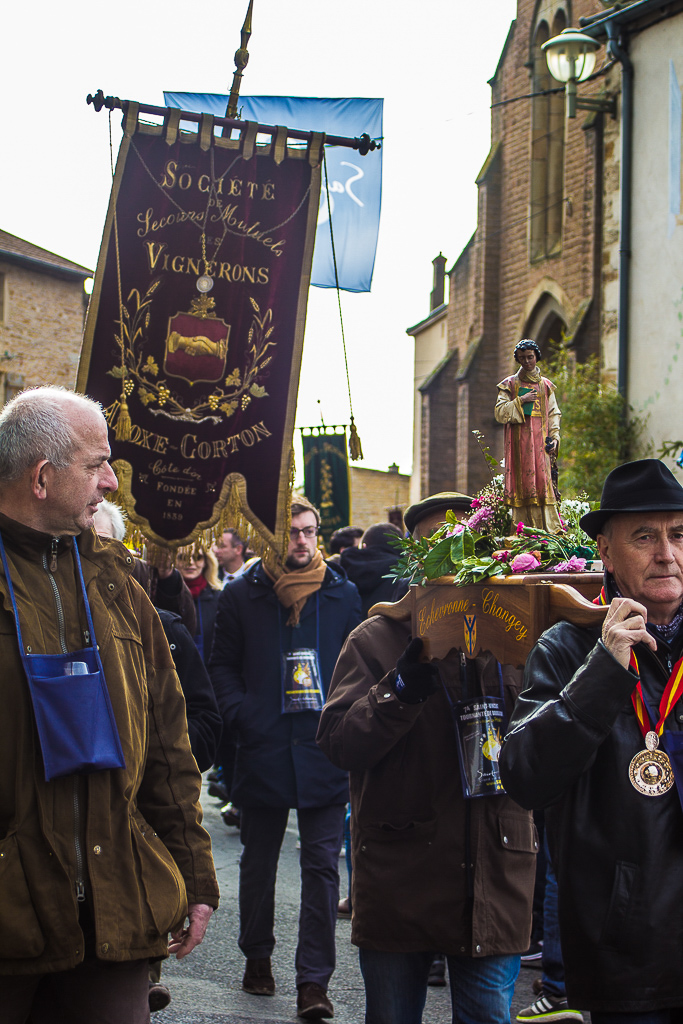
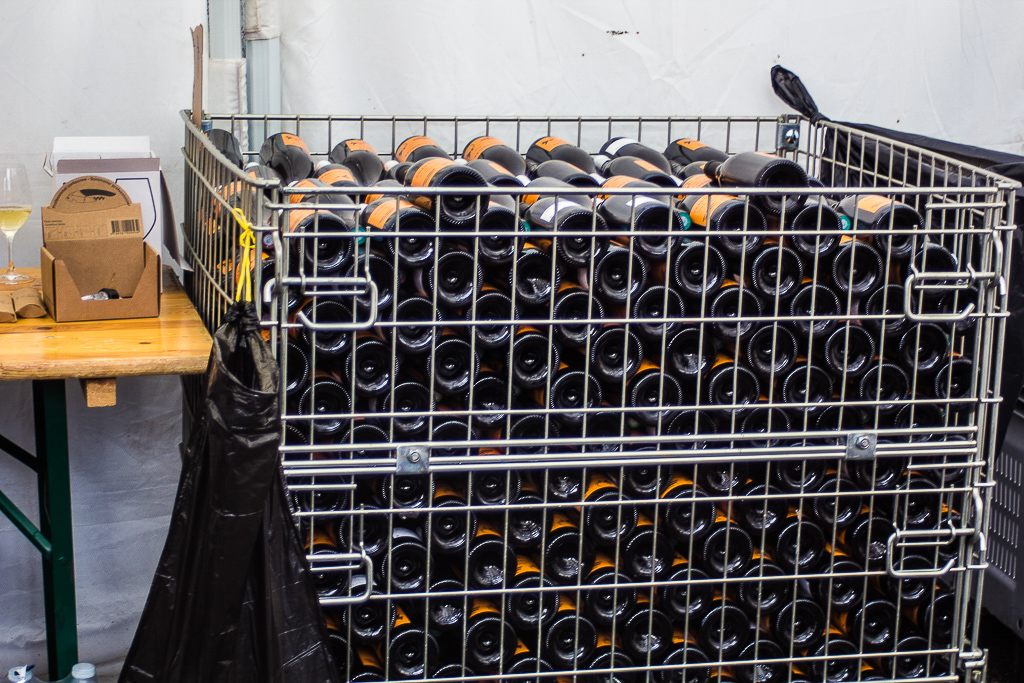
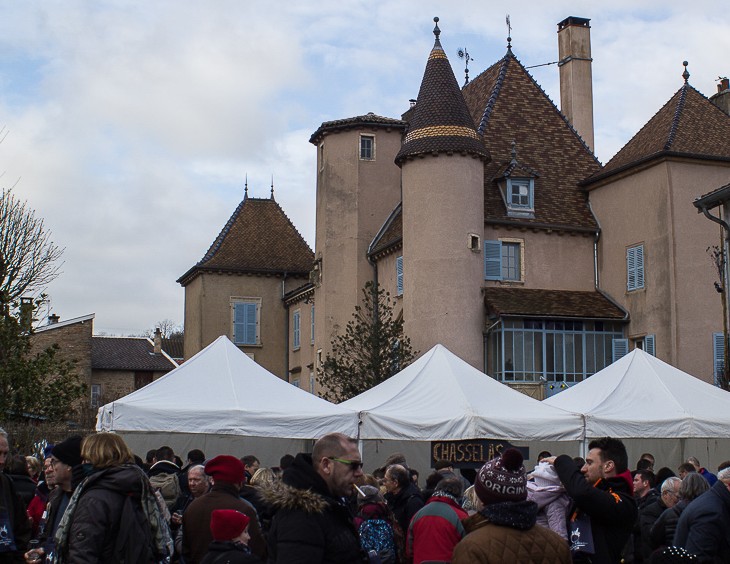
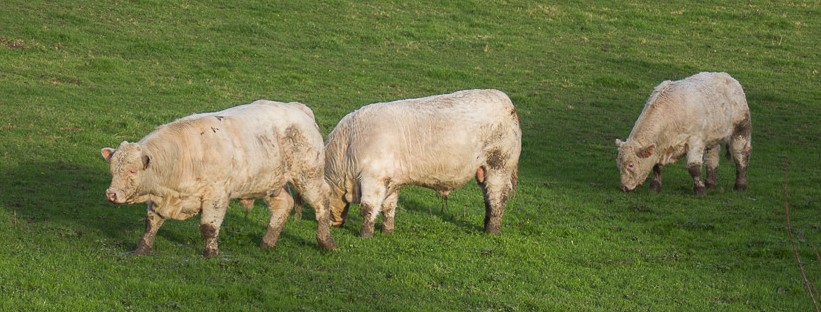
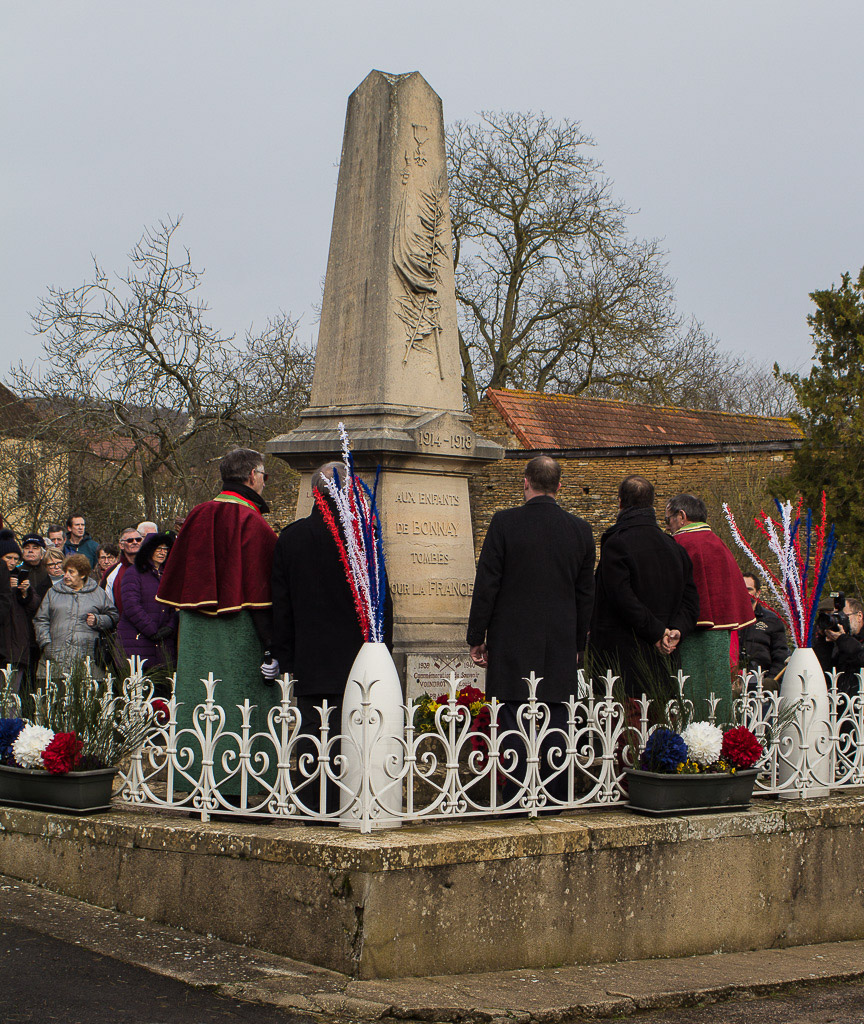
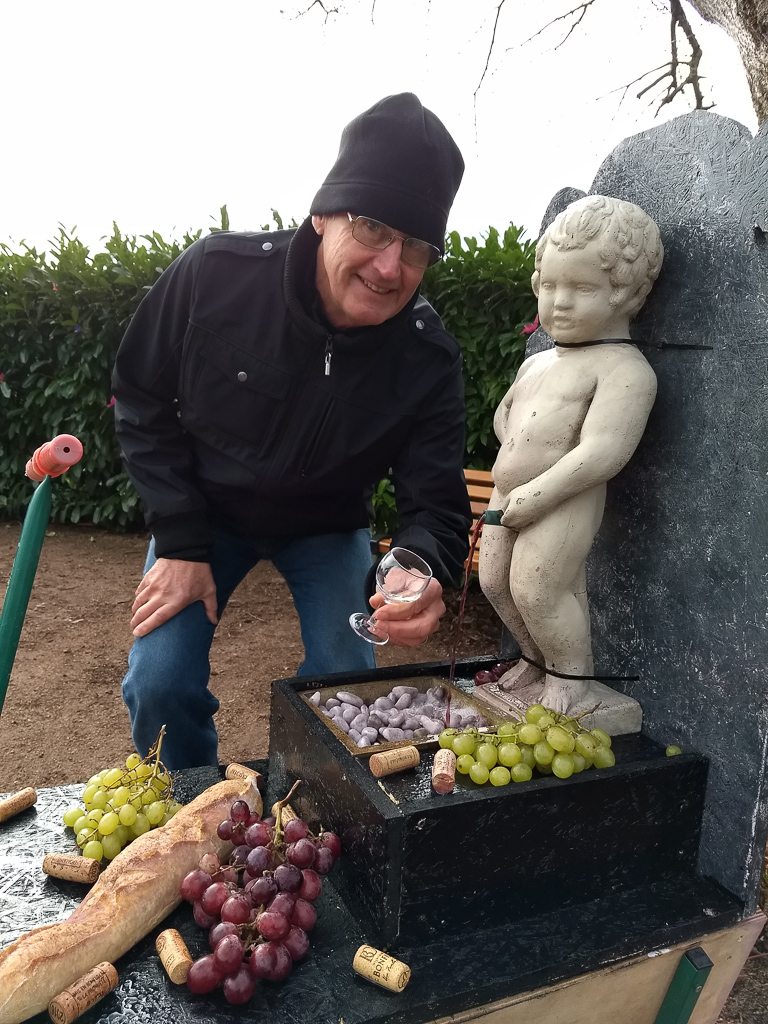
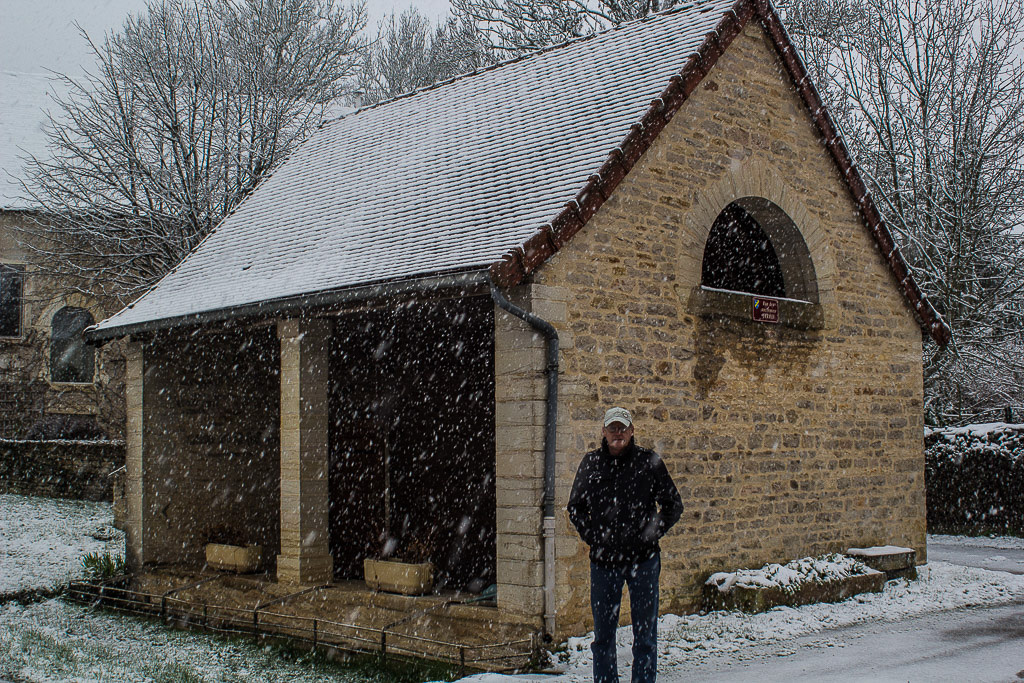
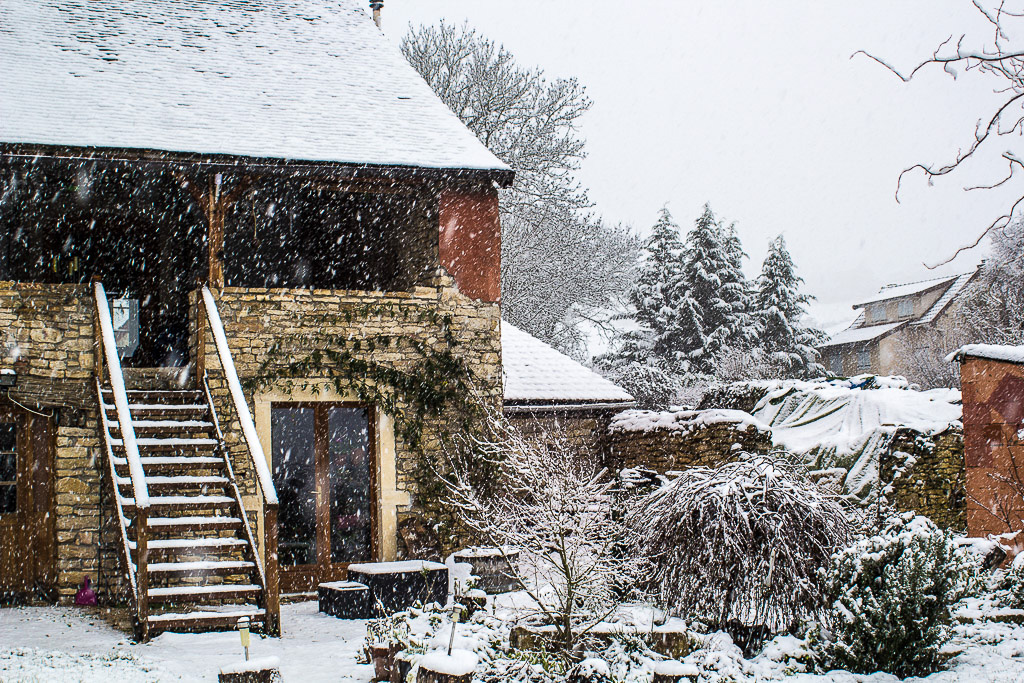
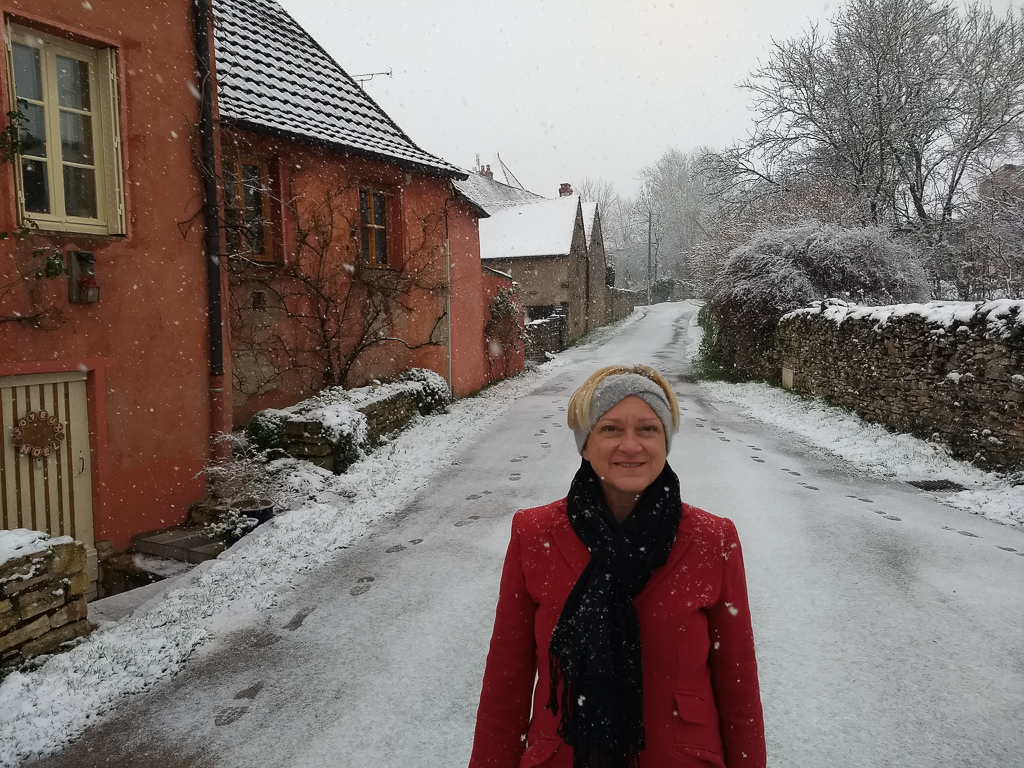
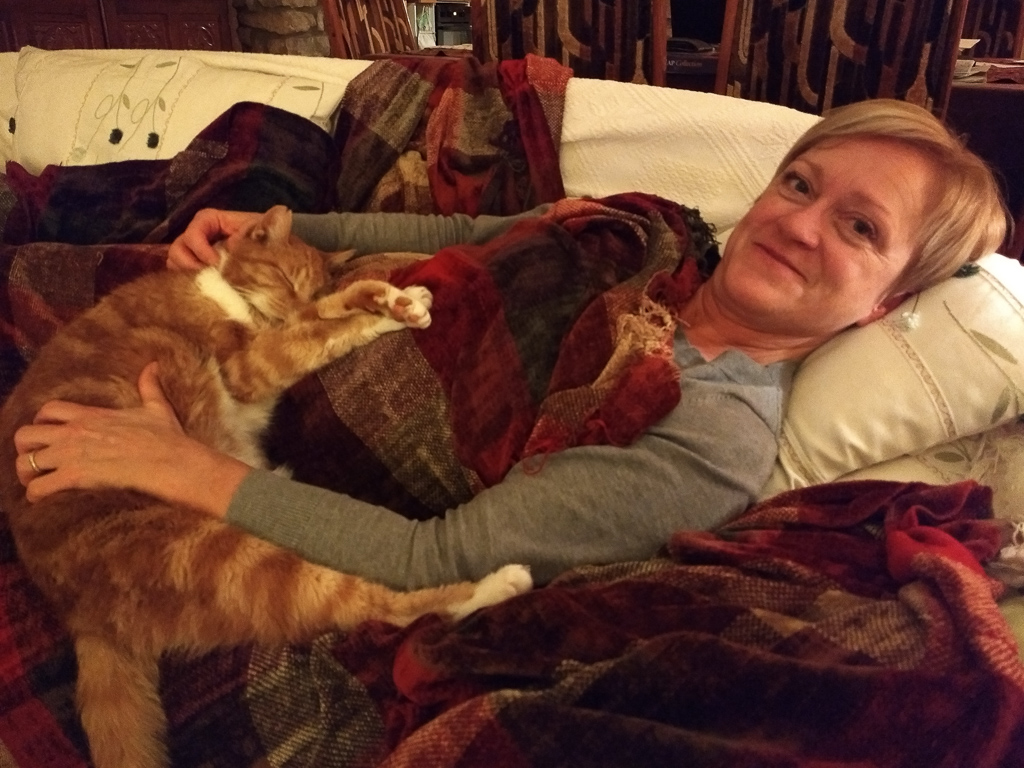
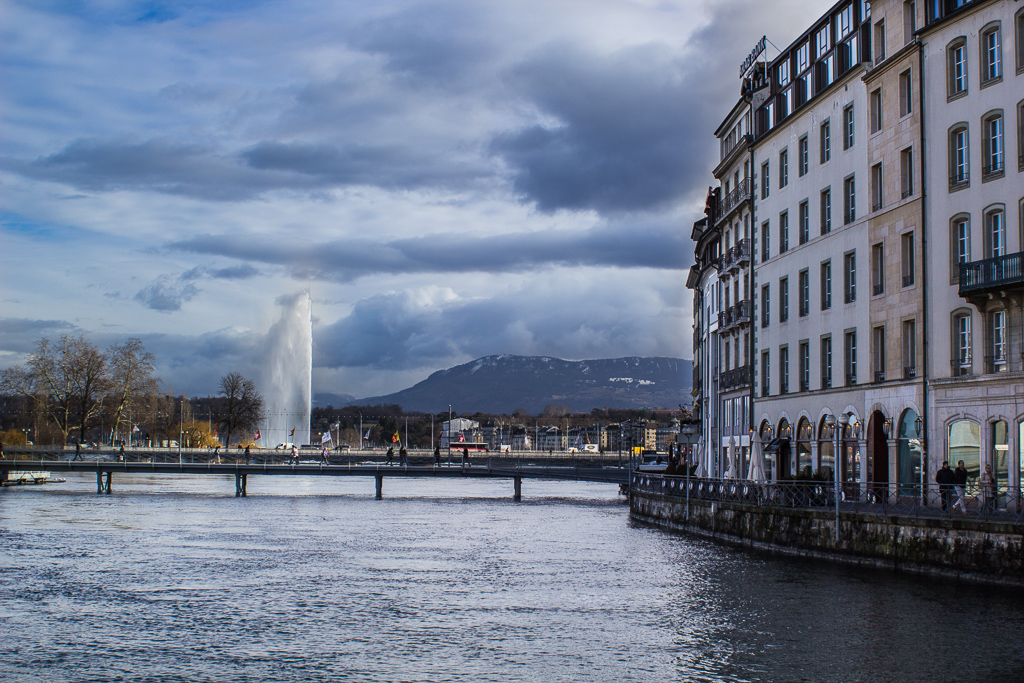
February 11, 2018 Burgundy, France
Bon jour tout le monde! (Hello everyone!)
Life continues to be a blessing and our current home, and France, are above our expectations. We picked up our “purchased” new car with no hassle and we were on our way within one hour from Charles de Gaulle (Paris) airport. The car is equipped with GPS and what a blessing to navigate within Europe without having to go round-and-round the roundabouts trying to figure which way to go.
Bon jour tout le monde! (Hello everyone!)
Life continues to be a blessing and our current home, and France, are above our expectations. We picked up our “purchased” new car with no hassle and we were on our way within one hour from Charles de Gaulle (Paris) airport. The car is equipped with GPS and what a blessing to navigate within Europe without having to go round-and-round the roundabouts trying to figure which way to go.
Before we departed the U.S. we took our truck and travel trailer to Oklahoma to store in JD’s family barn. When passing through Coleman, TX the temperature had dropped to 30F with some fog. On a highway overpass going 55mph we went from just cruising to total terror. We hit ice and our truck/trailer crossed four lanes of traffic three different times. The trailer did a half pike and came to a halt when two trailer tires came off their rims and bit into the pavement. It was a miracle there was no oncoming traffic. Within minutes there was a tow truck, fire truck, police, an ambulance + ambulance chasers. With the help of friendly Texans we had a tire company come and put on two new tires and a new rim. Within 1 ˝ hours we were back on the road, but still very shaky. Summary: any wreck you can walk away from is a good wreck. We will repair the truck/trailer damage when we return from Europe.
We are now housesitting in southern France, in the region known as Saone/Loire (as in the rivers). Our hamlet, Vaux (picture at top), is part of the community of St. Ythaire. Vaux probably has 20 homes and St. Ythaire has about 50 homes. It is now winter so residents seldom come outside or they have shuttered their property for warmer climates, like Spain.
St. Ythaire is in the Burgundy region, a very large area known for its wine, Roman architecture, immense waterways and 450 miles of bike paths. The Saone et Loire Region is best known in America for its Beaujolais wines, but there are many other famous wine varieties, especially white wines.
Our current home was probably built about 200-300 years ago, no one really knows and the other buildings here are equally old. Across from us is the “lavoir” the community outdoor wash house built over a stream. Every community has one, in Ecuador they are still used, but now in France they are just historical sites.
St. Ythaire is in the Burgundy region, a very large area known for its wine, Roman architecture, immense waterways and 450 miles of bike paths. The Saone et Loire Region is best known in America for its Beaujolais wines, but there are many other famous wine varieties, especially white wines.
Our current home was probably built about 200-300 years ago, no one really knows and the other buildings here are equally old. Across from us is the “lavoir” the community outdoor wash house built over a stream. Every community has one, in Ecuador they are still used, but now in France they are just historical sites.
The house is comfortable, the main heat source is from a wood stove/fireplace in the living room and a kitchen cuisiničre, a wood stove. We use the kitchen stove for the kettle and cooking but we also have electrical appliances. It takes morning motivation to get out of a warm bed to a cold house and start the fires. JoDon looks after the two cats, the reason for us being here, and I tend the fires. I’m not sure we can maintain this pace, HA!
Lavoir
The weather here is as expected, cold and wet, but not as cold as Oklahoma when we left in early January (-8F wind chill). It is normally between 33F & 44F with intermittent drizzle or snow. We have a back porch stacked with firewood (not as much as before) and plenty of anti-freeze in the wine cellar. Many of the local tourist sites are closed for winter, therefore many restaurants and shops are also closed.
Our back porch overlooks green pastures. A high speed, electric passenger train almost silently passes about 2 miles away every 30 minutes to/from Lyon (south). The low pastures here mainly support cattle, this is home to the Charolaise breed; big white critters. The cows are now kept in barns and only the bulls are in winter pastures walking knee deep in mud. The fields are very green, either green grass or early winter wheat. The local farmers also grow rape seed (what?) in the winter. Rapeseed is better known in North America as Canola: CANada/OLA, oil; Canola the third largest oil grown worldwide (soy, palm oil, canola). Very little canola is grown in the U.S., not sure why. Oil is extracted from rapeseed and the high protein byproduct is fed to cattle.
Our back porch overlooks green pastures. A high speed, electric passenger train almost silently passes about 2 miles away every 30 minutes to/from Lyon (south). The low pastures here mainly support cattle, this is home to the Charolaise breed; big white critters. The cows are now kept in barns and only the bulls are in winter pastures walking knee deep in mud. The fields are very green, either green grass or early winter wheat. The local farmers also grow rape seed (what?) in the winter. Rapeseed is better known in North America as Canola: CANada/OLA, oil; Canola the third largest oil grown worldwide (soy, palm oil, canola). Very little canola is grown in the U.S., not sure why. Oil is extracted from rapeseed and the high protein byproduct is fed to cattle.
The mid-level hillsides are vineyards. This time of year workers are in the rain/snow meticulously trimming the vines preparing for next year’s crop. They only leave one vine/plant and all other vines are cut off. The trimmed vines are burned in portable fire pits. The tops of the hills are wooded, every home has an allotment of trees to chop down for sustainable firewood (so much for France being global warming leaders).
There are villages about every two miles. Without exaggeration you could stop almost anywhere along the roads and take a postcard quality picture of the terrain and ancient churches/homes/chateaus. I’m not sure if we will get accustomed to this beauty (hopefully not). Roadside trash is almost nonexistentJ.
There are villages about every two miles. Without exaggeration you could stop almost anywhere along the roads and take a postcard quality picture of the terrain and ancient churches/homes/chateaus. I’m not sure if we will get accustomed to this beauty (hopefully not). Roadside trash is almost nonexistentJ.
Saint-Hippolyte ruins of an 11th century church/deanery a 30 minute walk from home.
Grocery shopping is an adventure with all the available products. Care for some fresh duck breasts? Pas de probleme (no problem). The wine and cheese sections are overwhelming. I focus on wines that are about $4/bottle, which is a huge selection. Cheese here tends to be very aromatic, best to store them in a plastic container unless you like the smell of something rotten in your frig.
There are local Farmers Markets that we enjoy. The largest is at Cluny that has fruit, vegetables, meat (beef, chicken, rabbit, etc.), large selections of fresh oysters, artisanal cheese and hard sausages, take away cooked food, deli food, chair upholstery, mattress sales and new clothing. Something for everyone!
As also expected, the food here is fantastic. When out we usually enjoy a lunch in traditional restaurants and auberges (inns/family owned restaurants). There are always ‘Le Plat’, lunch specials, from €9 to €22 (US$11-$30). Everything is expensive in France but the price includes taxes (8% in TX) and the tip. So meals are not much more expensive when compared to U.S. prices and the quality is far superior. If you want an inexpensive meal there are always burger shacks and Turkish restaurants (France’s equivalent to Mexican restaurants).
Fuel prices are also much more expensive, diesel is about $6/gallon. An accurate comparison for us should include pulling a trailer thousands of miles to Alaska @13mpg vs. our 40mpg small car cruising around a small country. So, $6/gallon is not so bad, HA!
Speaking French is a challenge but I continue with my Rocket French lessons. We get by but hope to soon do better. Most young people in S. France speak only a few words of English and with Google I can quickly find key words. When speaking French my brain automatically searches through my Spanish mental dictionary, not French, so it’s confusing. I usually start a difficult conversation asking if they speak English or Spanish but I have yet to find a French, Spanish speaker. Spanish knowledge helps when reading French but is a big negative toward proper pronunciation.
There are local Farmers Markets that we enjoy. The largest is at Cluny that has fruit, vegetables, meat (beef, chicken, rabbit, etc.), large selections of fresh oysters, artisanal cheese and hard sausages, take away cooked food, deli food, chair upholstery, mattress sales and new clothing. Something for everyone!
As also expected, the food here is fantastic. When out we usually enjoy a lunch in traditional restaurants and auberges (inns/family owned restaurants). There are always ‘Le Plat’, lunch specials, from €9 to €22 (US$11-$30). Everything is expensive in France but the price includes taxes (8% in TX) and the tip. So meals are not much more expensive when compared to U.S. prices and the quality is far superior. If you want an inexpensive meal there are always burger shacks and Turkish restaurants (France’s equivalent to Mexican restaurants).
Fuel prices are also much more expensive, diesel is about $6/gallon. An accurate comparison for us should include pulling a trailer thousands of miles to Alaska @13mpg vs. our 40mpg small car cruising around a small country. So, $6/gallon is not so bad, HA!
Speaking French is a challenge but I continue with my Rocket French lessons. We get by but hope to soon do better. Most young people in S. France speak only a few words of English and with Google I can quickly find key words. When speaking French my brain automatically searches through my Spanish mental dictionary, not French, so it’s confusing. I usually start a difficult conversation asking if they speak English or Spanish but I have yet to find a French, Spanish speaker. Spanish knowledge helps when reading French but is a big negative toward proper pronunciation.
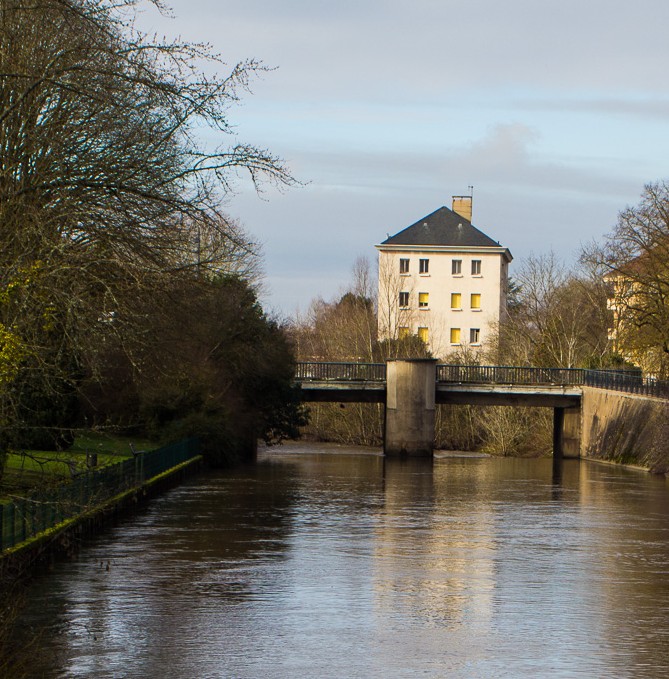
One of the many canals.
Other than shopping and eating we try to see local attractions that are open during the winter. We have been motivated by granddaughter, Mia. Before leaving she asked that we take her school project, Flat Stella, with us and take photos with her and then send the collection back. It has been fun to seek out French things for a photo. There are chateaus (castles) everywhere, the challenge has been to find one that is open during the winter season. We also take long walks, weather permitting. The cold is not a big problem but getting wet in the cold is no fun. The roads/trails are endless and include spectacular views. Our wish is for clear, blue skies.
Two fun events we attended were St. Vincent wine festivals. St. Vincent is the patron saint of wine. Monks were the original winemakers it was a spiritual process from growing the vines to bottling. Wine is a real big deal in southern France so they have revived the tradition of acknowledging St. Vincent. The first festival was an hour drive and was quite a hoot. There were about 20,000 people attending and the small village had gone all out in decorating. The decorations were recycled products: plastic bottles shaped into flowers, cut grape vines as bouquets and thousands of wine corks shaped into as many shapes as can be imagined. There was an opening procession included other community’s St. Vincent statues, officials in long robes and small marching bands. There were also two live music venues, booths with unusual foods and wine flowed everywhere. It was our kind of place!
As a sign of the times, security personnel had placed huge farm tractors that barricaded the main roads (to prevent terrorists using big trucks to run over people on crowded streets, like in Nice, France). Heavily armed gendarmerie (police) made us feel more secure, not less secure. Thankfully none of these precautions were needed, everyone was very polite, happy and kind. As with most outdoor festivals port-a-pottys were brought in. Men had the option of standing before an open six sided contraption that looked like a small fountain. Oh well, c’est le vivre !
As a sign of the times, security personnel had placed huge farm tractors that barricaded the main roads (to prevent terrorists using big trucks to run over people on crowded streets, like in Nice, France). Heavily armed gendarmerie (police) made us feel more secure, not less secure. Thankfully none of these precautions were needed, everyone was very polite, happy and kind. As with most outdoor festivals port-a-pottys were brought in. Men had the option of standing before an open six sided contraption that looked like a small fountain. Oh well, c’est le vivre !
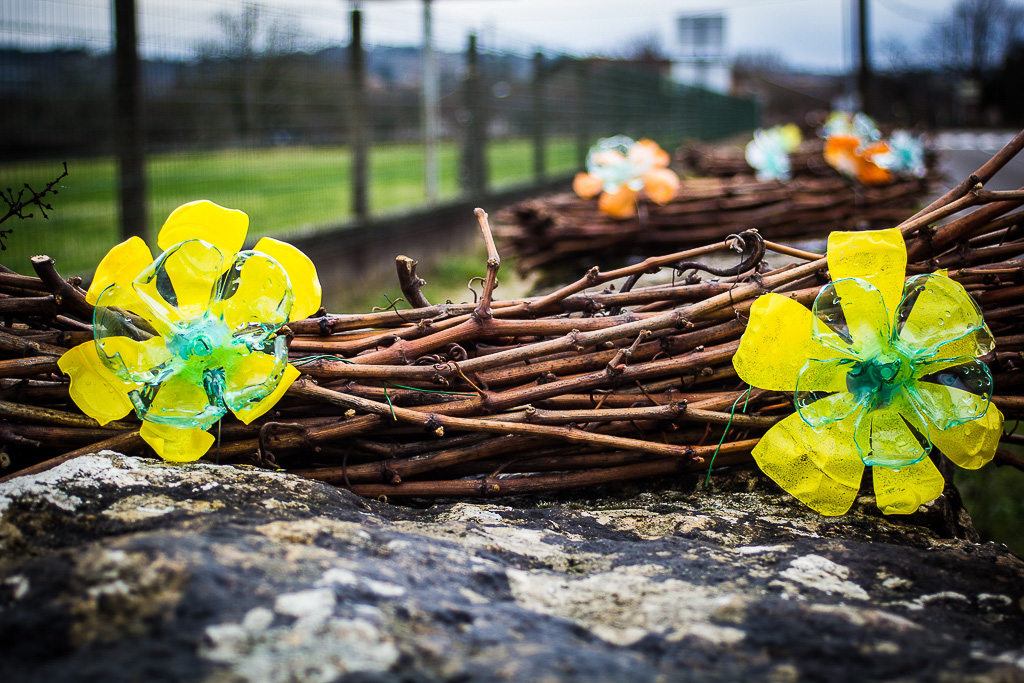
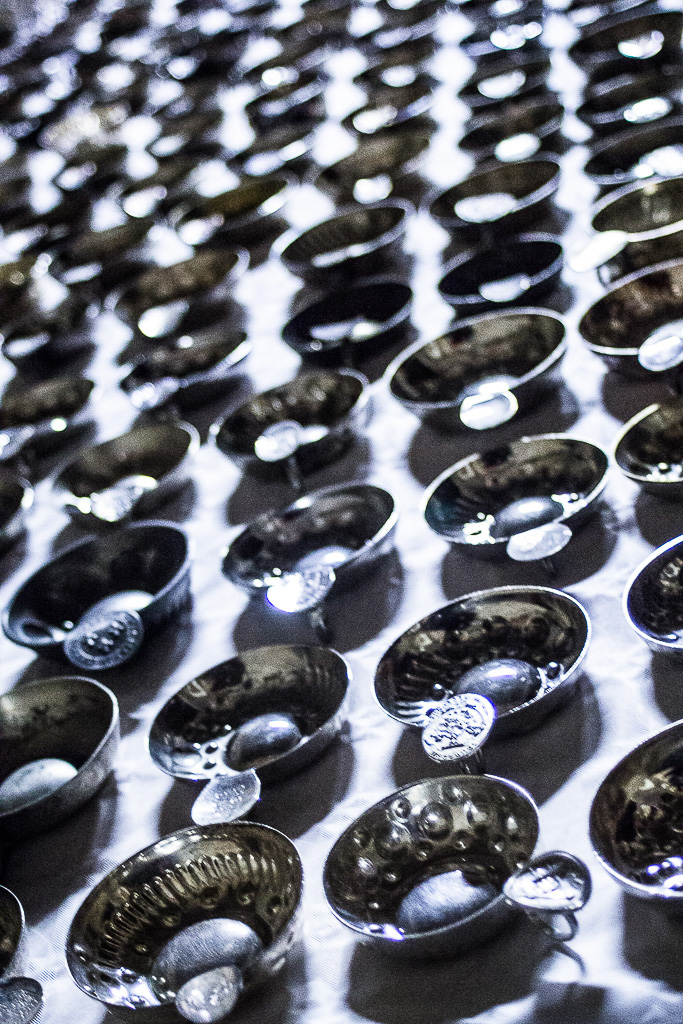
We also attended our local St. Vincent festival. It was much more intimate but still enjoyable to interact with the locals. We also were very bold to attend a local boudin (stuffed sausage) festival. We almost didn’t go because it was raining very hard and, as always, very cold. To our surprise the small festival was in a warm basement. Their boudin is made with red wine (imagine that!) and not as good as Louisiana boudin but it was a great experience. Nothing like some hot wine (‘vin chaud’ or mulled wine) to get some French words out of my mouth. The locals were very gracious and polite to us Yanks.
We traveled to the French Alps to see a dogsledding competition. Our GPS failed us, it guided us using the shortest route up the mountain, not the most used route. The BIG problem was that it was snowing heavy and our small road was not a priority for the highway department. We slipped and spun our wheels up the mountain with flashbacks of Coleman, TX on every bend, but we made it! It was memorable, but not in the good way!
The dogs were the happiest when attached to a sled. The expressions on their faces spoke volumes of their love of racing and getting on the track. The race took place in several cities for a week, but the dogs only raced for a few hours a day. Lots of great pictures of Flat Stella in the snow!
The town of Megeve is a charming, elegant ski resort with upmarket hotels and designer boutiques in a cobbled medieval streets setting.
The dogs were the happiest when attached to a sled. The expressions on their faces spoke volumes of their love of racing and getting on the track. The race took place in several cities for a week, but the dogs only raced for a few hours a day. Lots of great pictures of Flat Stella in the snow!
The town of Megeve is a charming, elegant ski resort with upmarket hotels and designer boutiques in a cobbled medieval streets setting.
On our way back we decided to have lunch in Geneva, Switzerland. It sounded so internationally exotic, “Geneva for lunch” but it was actually only a few miles out of our way. Customs/Immigration in/out of Switzerland included slightly slowing down and nodding to officials.
Geneva, Switzerland
The House & Back Yard
Beyond the Yard
Geneva, Switzerland
Our sightseeing highlight was a delightful surprise “l’Hotel de Dieu”, also called the Hospices of Beaune (city). As previously mentioned, we were in quest of Flat Stella photos for Mia. Our first photo was of Mia, her sister and her mother at Mom’s pharmacy, Richard’s of Mission, TX. To continue this Rx theme we went to the hospice. Included in the price of admission was an audio guide that brought life to the buildings.
A brief history: l’Hotel de Dieu was founded by a knight, Nicolas Rolin, in 1443. After the 100 Years War the poor were in desperate need due to starvation, marauding armies and the plague. Rolin established a free hospital that refused service to no one including travelers. Nuns served as nurses. The main room, The Room of the Poor, had beds that lined the perimeter. Wine was served to patients because cold water was thought detrimental and the water was extremely polluted. The hospice was built over a river so bed pans, blood, etc. could be dumped into the stream to keep the building more sanitary. They had their own water well, kitchen, pharmacy and church. This hospice remained in continual use as a hospital until the 1970’s. Unbelievable, but we are in France!
A brief history: l’Hotel de Dieu was founded by a knight, Nicolas Rolin, in 1443. After the 100 Years War the poor were in desperate need due to starvation, marauding armies and the plague. Rolin established a free hospital that refused service to no one including travelers. Nuns served as nurses. The main room, The Room of the Poor, had beds that lined the perimeter. Wine was served to patients because cold water was thought detrimental and the water was extremely polluted. The hospice was built over a river so bed pans, blood, etc. could be dumped into the stream to keep the building more sanitary. They had their own water well, kitchen, pharmacy and church. This hospice remained in continual use as a hospital until the 1970’s. Unbelievable, but we are in France!
Cluny Abby
Cluny Abby
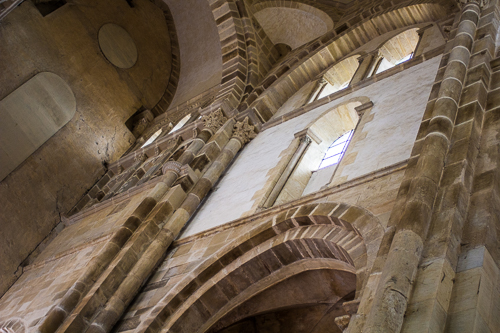
Other sightseeing included the great Cluny Abbey that was built from 400AD to 1200AD. The basilica was the world’s largest church until St. Peter’s Basilica in Rome. Cluny is a 30 minute drive and is where we do our grocery shopping at the local Carrefour.
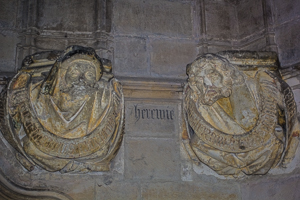
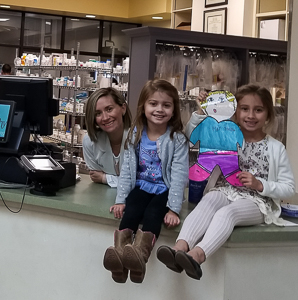
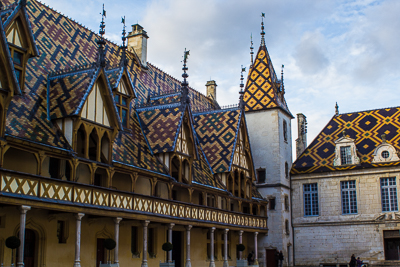
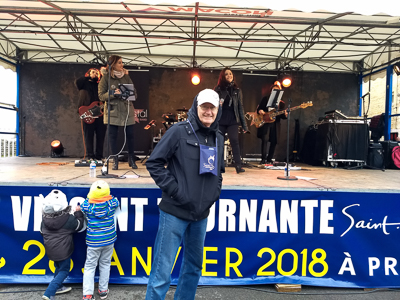
A very sad part of travelling in rural France are the World War I memorials in every village. They are all constructed the same and have the names of the fallen engraved. The French deaths of WW1 is staggering. In the small village next to ours there are 45 names engraved (wow!) and during the wine festival the procession circled the memorial and dedicated a minute of silence. Around 2 million French died in WW1, about 4% of its total population. In comparison, the U.S. lost about 120,000 or .13% of its population.
Doing business in France is a totally different experience. The official French work week is only 35 hours/week. Most businesses are closed on Mondays and open ˝ days on Saturdays. Other than grocery stores most stores open at 9am, close at noon, re-open 2pm to 7pm; but they all vary so it’s hard to plan. On Sundays all grocery stores are only open 9am to 12:30pm (except the Turkish stores). Bistros are for gambling on the ponies, buying lottery tickets, drinking coffee and alcohol; no food is served. At 10 am its common to see old men standing at the bistro bars chatting while sipping on a glass of wine. Almost everyone has wine or beer during their lunch (not a lunch hour). Restaurants are only open from noon to 1:30; no early/late lunches available.
Doing business in France is a totally different experience. The official French work week is only 35 hours/week. Most businesses are closed on Mondays and open ˝ days on Saturdays. Other than grocery stores most stores open at 9am, close at noon, re-open 2pm to 7pm; but they all vary so it’s hard to plan. On Sundays all grocery stores are only open 9am to 12:30pm (except the Turkish stores). Bistros are for gambling on the ponies, buying lottery tickets, drinking coffee and alcohol; no food is served. At 10 am its common to see old men standing at the bistro bars chatting while sipping on a glass of wine. Almost everyone has wine or beer during their lunch (not a lunch hour). Restaurants are only open from noon to 1:30; no early/late lunches available.
Residential electric fees are lower at night so washing machines have timers to wash clothes at night. There are thick walled stoves that store 500F heat at night and keep homes warm during the day. We have trash pickup but after ten pickups/year there are additional charges. So never put your trash bin out unless it is stuffed full!
We opened a bank account here to avoid fees. An appointment one week in advance is required and it took us six trips to get it done. Each appointment revealed additional documents were required. Frustrating but we just tried to keep smiling. Our new bank staff are genuinely helpful and sympathetic despite not speaking English.
That’s it for now and our French residence. We have three other French house sittings scheduled in the months ahead. Between assignments we plan to visit Spain and possibly conclude our trip in Berlin and Munich (for Octoberfest).
Au revoir! (Literally: until we see (you) again!)
BR/JD
Some final thoughts:
Presidents Trump (USA) and President Macron (France) are total opposites. Macron is young, charming, has an older wife, he is good looking, an excellent speaker (both French & English) and the world loves him. Macron was elected before Trump but has yet to fulfill a campaign promise.
Not missing American politics and President Trump, but we are missing our Trump bump, HA!
Today is son, Nathan, 38th birthday. I’m a very proud dad, but how can time pass so quickly?
We opened a bank account here to avoid fees. An appointment one week in advance is required and it took us six trips to get it done. Each appointment revealed additional documents were required. Frustrating but we just tried to keep smiling. Our new bank staff are genuinely helpful and sympathetic despite not speaking English.
That’s it for now and our French residence. We have three other French house sittings scheduled in the months ahead. Between assignments we plan to visit Spain and possibly conclude our trip in Berlin and Munich (for Octoberfest).
Au revoir! (Literally: until we see (you) again!)
BR/JD
Some final thoughts:
Presidents Trump (USA) and President Macron (France) are total opposites. Macron is young, charming, has an older wife, he is good looking, an excellent speaker (both French & English) and the world loves him. Macron was elected before Trump but has yet to fulfill a campaign promise.
Not missing American politics and President Trump, but we are missing our Trump bump, HA!
Today is son, Nathan, 38th birthday. I’m a very proud dad, but how can time pass so quickly?
Cluny Abby





